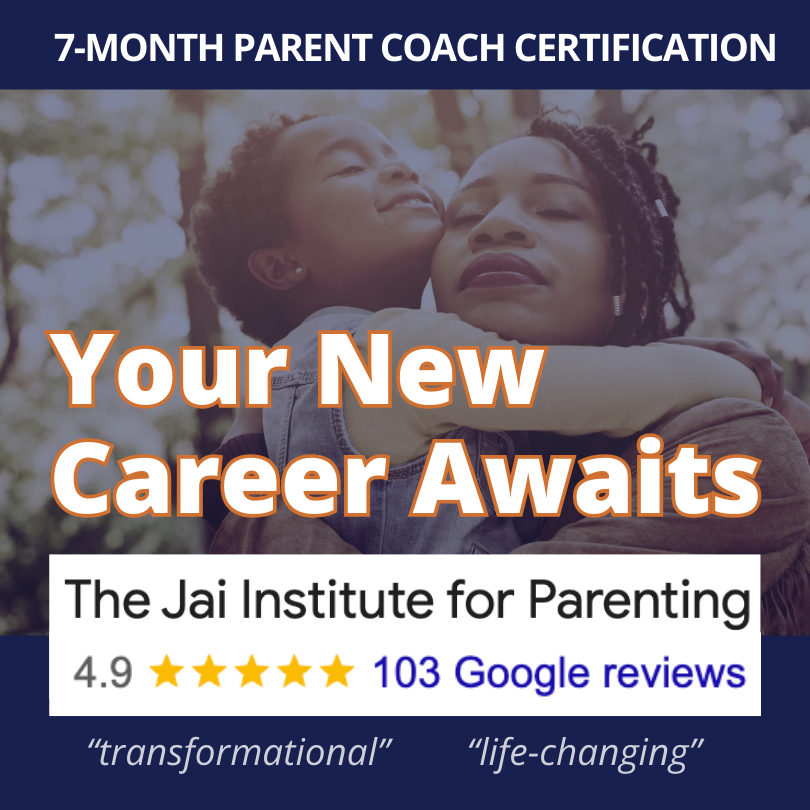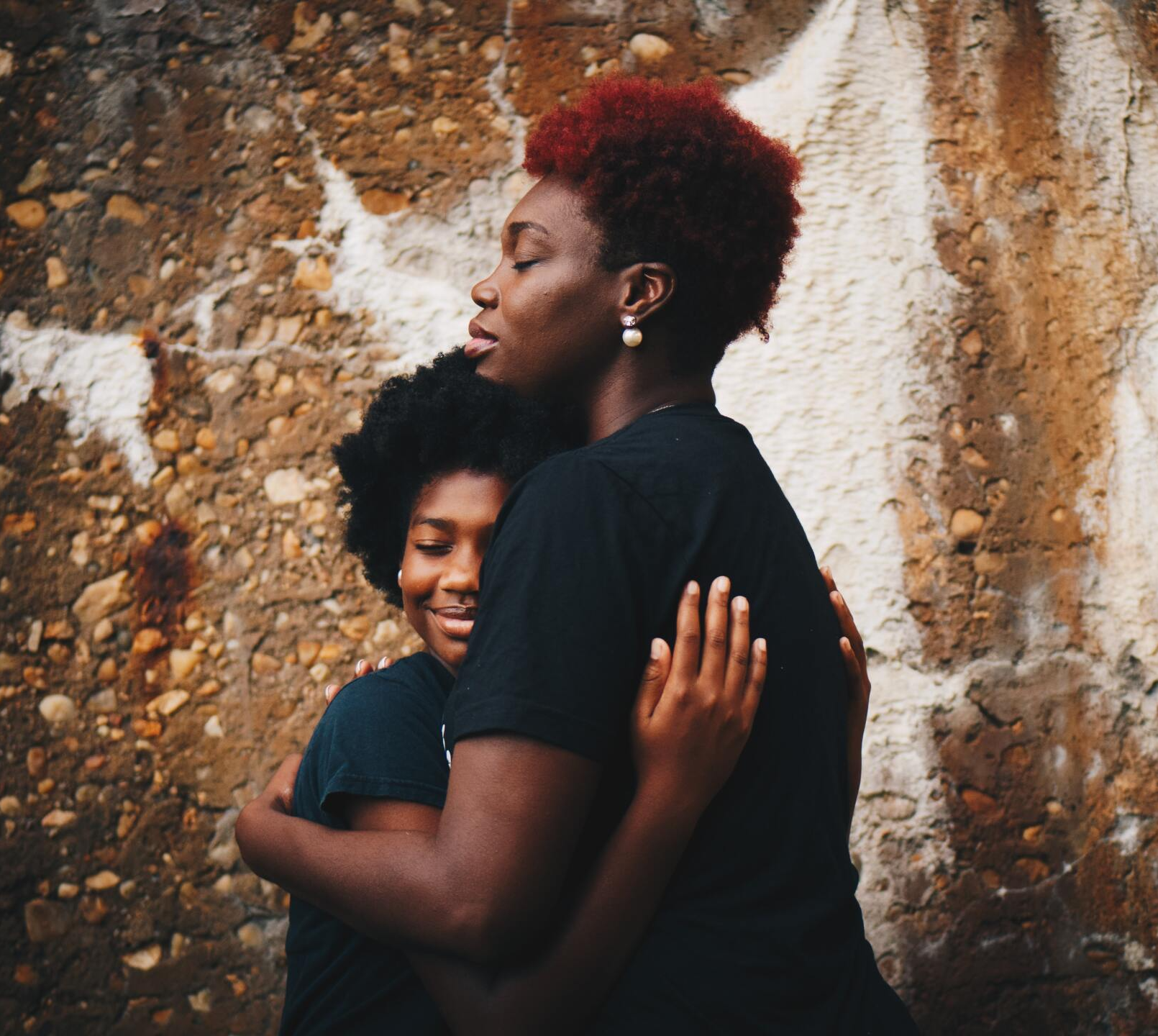Punishments vs. Consequences: Why punishments don't work and what to do instead!

The traditional parenting style, often called authoritative or power-over, emphasizes disciplining kids when they fail to meet expectations or behave "naughtily." Growing up in the 1980s and 90s, I saw this firsthand, as it was the norm. Conscious parenting was practically unheard of, and very few parents embraced its principles.
As a first-time parent at 26, I naturally followed the authoritative parenting approach, simply mimicking the way I was raised. My son was not a big troublemaker, but of course, he did not always do what he was told. He was a kid, after all! When he did not put on his shoes when asked or help clean up his toys before bed, he was sent to the “naughty” chair. Tantrums meant a timeout in his room alone until he was calm and pleasant to be around. It was hard to find effective strategies to manage tantrums.
I really did not like punishing my kid! It always left me feeling disappointed and sad. I love my child deeply! How could I be the source of his fear and sadness? My self-esteem as a parent suffered, and I disliked myself in those moments. My stress and anxiety around parenting were rising because it seemed like an impossible task to control my child’s behavior. The more I tried to control it, the more I felt out of control, but I did not know what I could do instead. I suspect many parents, like you and I, feel the same way about disciplining our kids.
Feeling uneasy about this type of parenting is understandable and valid because punishments create disconnection in parent-child relationships. These disconnections grow with time and are harder and harder to repair. In these moments, my son learned that he would be rejected if he was not obedient. He saw me turning away and shutting him off when he had big feelings. Unbeknownst to me, I was creating a rupture in our relationship.
Determined to find a better way, I immersed myself in learning from experts in conscious parenting, behavioral psychology, and child development, and what I learned changed my approach completely. Children do not need punishment. They need our guidance, understanding, and acceptance. We are their role models and mentors, not their wardens. I know! I know! It is easier said than done. What does it even mean, “no punishment”? And how do we teach them to become self-sufficient adults without punishment?
Ask yourself this: How effective are punishments really when we try to teach our kids something? In my experience, they are not. Do you want to teach your child to keep their room clean? Sure, you can scare them into compliance with threats, but what happens when you’re not there? Without the looming threat, the behavior you tried to instill will most likely vanish.
So, what can we do instead? How can we instill long-term values and set boundaries without punishing?
Logical and Natural Consequences
These strategies, applied with respect and understanding, not only work but also teach us how to foster the deeper connection that we seek with our child. Let’s dive in!
Natural Consequences occur naturally following certain actions. For example, if your child refuses to wear a hat on a cold day, they will feel cold and, with time, will learn that wearing a hat is more comfortable. This lesson comes without a punitive "I told you so!" or force from you.
Another example would be if your child stays up late at night and does not get a sufficient amount of sleep. They will have a hard time waking up, will feel foggy in the morning, and will get in trouble if they are late to school. This is another lesson to learn through the consequences of their actions.
Empathizing with your child and brainstorming what to do next time to avoid difficulty waking up in the morning could be a gentle approach to learning from the situation. This way, you stay the supportive parent and help your child do better next time without flaunting your superiority.
Logical Consequences are directly related to the child’s behavior. Suppose your child does not stop playing video games as agreed. In that case, the games are taken away - not as a punishment, but because you understand that they are not developmentally ready to follow the boundaries you set in your home.
This approach respects their capacity and helps them mature. You can try reintroducing the boundaries in a few months to see if they have gained more self-control.
Another example is that if your child refuses to do homework on time, they will naturally have less time to hang out with friends or watch TV. Again, this is not about punishment. You share their frustration over lost time. You empathize, not penalize. Once calm, you work together to find solutions to avoid this outcome in the future, positioning yourself as a supporter rather than an adversary.
Using consequences instead of punishments brings lasting benefits for both the child and the parent. While this approach can be more challenging for parents than the traditional methods, requiring patience, empathy, and a willingness to let our kids make mistakes, the rewards are worth it. By trusting the process and allowing children to experience the natural results of their actions, we give them space to grow and learn responsibility.
Our children learn resilience and problem-solving skills by offering support rather than judgment and embracing empowered parenting. This approach helps them develop healthy habits and values and strengthens our relationship with them. Parents become safe, trusted guides in their lives, building a long-lasting bond that lives on well into adulthood.
My aim with this article is to present you with a possibility for better parenting. Too often, we replicate the parenting styles we experienced in childhood, and just as often, they don’t work as intended. So, why not try something different? Why not replace punishment with a different approach and
learn how to set limits and boundaries peacefully?
Meet Your Author, Inna Rukov
Inna Rukov is a Jai Certified Parenting Coach. She helps parents like you navigate parenthood with less stress and more confidence. Using empathy, non-violent communication, and emotional intelligence, Inna will coach you to work with your child instead of fighting against them.
Parents usually do not have effective support on how to discipline and parent in a more gentle, conscious way. So, Inna will become your ally, a guide to a simpler and more fulfilling parenting journey. She will help you find stumbling blocks that keep you from parenting consciously and then coach you toward creating lasting relationships with your children.
You may connect with her through her website,
www.guidingparents.com, or on Instagram,
@parenting_guide_socal.
READ MORE:
Curious for more?














